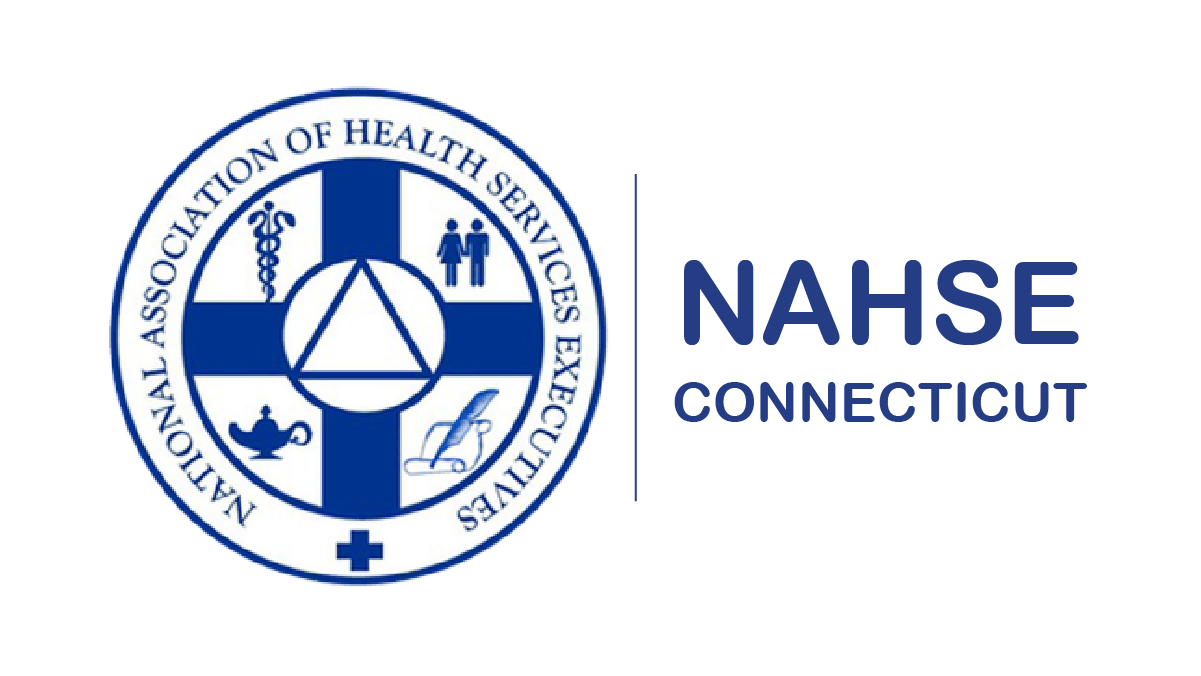HEALTH INDUSTRY INSIGHT
Author:
Miriam Correia, MPA
Born to Cape Verdean immigrants in New Haven, Connecticut, Miriam Correia has cultivated a deep-rooted commitment to community and healthcare. Miriam earned a Bachelor of Science from the University of New Haven, followed by a Master of Public Administration from Albertus Magnus College.
With a strong educational foundation and a passion for service, Miriam has been a dedicated team member at Cornell Scott-Hill Health Center in New Haven for the past five years. As the Purchasing Manager, Miriam plays a pivotal role in ensuring that the health center operates efficiently and effectively, with a particular emphasis on improving processes and systems and fostering supplier diversity.
Miriam’s unique background and professional journey reflect a steadfast dedication to improving healthcare delivery and supporting the diverse community of New Haven, Connecticut.
May 2024
The Critical Role of Supply Chain in Healthcare Delivery
The healthcare industry is one of the most essential sectors in our society, tasked with the critical mission of saving lives and improving health outcomes. At the heart of the system lies the healthcare supply chain, a vital component that ensures seamless delivery of care. From medical devices and pharmaceuticals to surgical instruments and personal protective equipment (PPE), supply chain underpins the entire healthcare delivery process.
In my role as a Purchasing Manager for a Federally Qualified Health Center in New Haven, not only do I see how supply chain plays a critical role in healthcare, but I also witness firsthand how diversity among suppliers makes an impact on healthcare delivery.
The Backbone of Healthcare Delivery
The supply chain largely exists behind the scenes, and many people in the healthcare field are unaware of how it actually works or why it matters. Here are a few important characteristics about the supply chain.
1. Ensuring Availability of Medical Supplies: The supply chain's primary function is to ensure that healthcare providers have timely access to the necessary medical supplies. This availability is crucial for the smooth operation of hospitals, clinics, and other healthcare facilities. Any disruption in the supply chain can lead to shortages, directly impacting patient care and outcomes.
2. Managing Costs and Efficiency: Efficient supply chain management helps control costs, which is vital in an industry characterized by high expenditure. By optimizing inventory levels, negotiating better prices with suppliers, and reducing waste, healthcare organizations can allocate more resources to patient care and innovative treatments.
3. Supporting Emergency Responses: During emergencies, such as natural disasters or pandemics, the healthcare supply chain plays a pivotal role in disaster response. The COVID-19 pandemic underscored the importance of a resilient supply chain capable of scaling up rapidly to meet surges in demand for medical supplies and PPE.
4. Maintaining Quality and Safety: The supply chain ensures that all medical products meet stringent quality and safety standards. This is particularly important for pharmaceuticals and medical devices, where any lapse in quality can have severe consequences for patient safety.
5. Enhancing Patient Care: An effective supply chain contributes to better patient care by ensuring that healthcare providers have the right tools and medications at the right time. This minimizes delays in treatment and helps improve patient outcomes. By including healthcare providers in major decisions that will impact their patients’ care, better relationships are fostered between supply chain and clinic operations.
The Importance of Supplier Diversity in Healthcare Supply Chain
As healthcare institutions, we have a responsibility to advance equity not only through the care we provide, but also through our business and operational decisions. Supplier diversity is a strategic approach that seeks to include businesses owned by minorities, women, veterans, LGBTQ+ individuals, and other underrepresented groups in the procurement process. Here are a few reasons why supplier diversity is crucial in the healthcare supply chain.
1. Promoting Innovation: Diverse suppliers bring unique perspectives and innovative solutions that can enhance the healthcare supply chain. Their different experiences and approaches can lead to the development of new products and processes that improve efficiency and patient care.
2. Enhancing Resilience: A diverse supplier base contributes to a more resilient supply chain. By not relying on a limited number of suppliers, healthcare organizations can better navigate disruptions and ensure continuity of supply during crises.
3. Reflecting Community Needs: Healthcare organizations serve diverse communities, and having a supplier base that reflects this diversity can lead to better understanding and meeting the needs of these communities. This alignment can improve patient satisfaction and trust.
4. Driving Economic Growth: Supporting diverse suppliers contributes to the economic growth of underrepresented communities. This, in turn, can lead to broader social benefits, such as job creation and improved standards of living - which ultimately improves health outcomes for business owners and their communities.
5. Fostering Ethical and Inclusive Practices: Embracing supplier diversity aligns with broader corporate social responsibility (CSR) goals. It demonstrates a commitment to ethical business practices and inclusivity, which can enhance the organization’s reputation and relationships with stakeholders.
***
The healthcare supply chain is a critical enabler of effective and efficient healthcare delivery. It ensures that healthcare providers have the necessary tools and supplies to deliver high-quality care. Supplier diversity within this supply chain is not just a moral imperative but also a strategic advantage. It promotes innovation, enhances resilience, reflects community needs, drives economic growth, and fosters ethical practices. As the healthcare industry continues to evolve, embracing and investing in a diverse supplier base will be key to building a more robust and inclusive healthcare system.
By prioritizing both supply chain efficiency and supplier diversity, healthcare organizations can better navigate the challenges of today’s dynamic environment and ultimately deliver superior care to the communities they serve.

